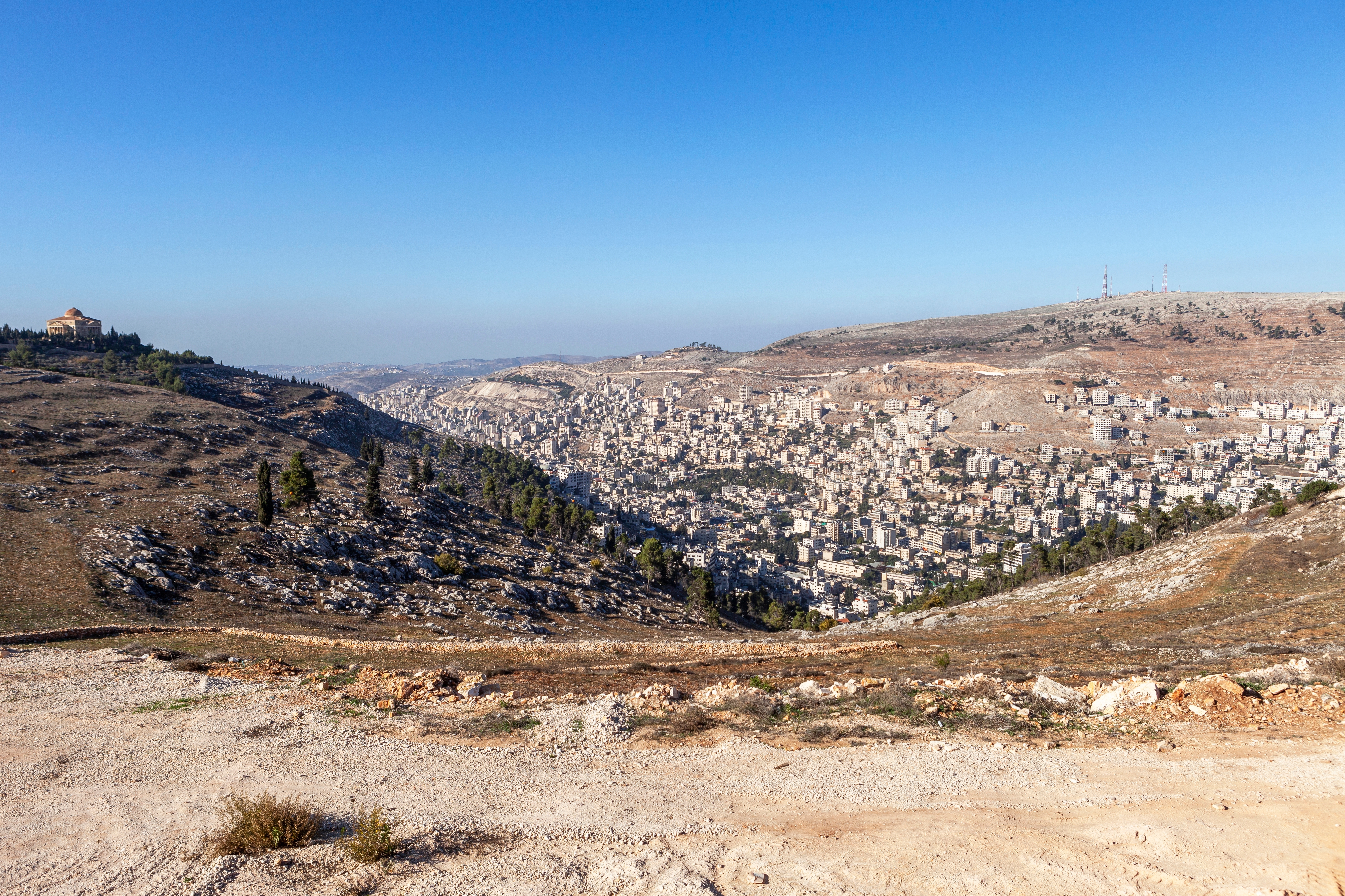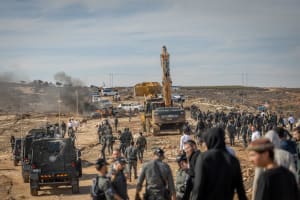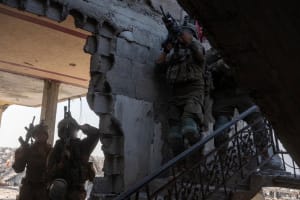Mount Ebal and Joshua’s altar: A testament to God’s faithfulness

Mount Ebal rises among the highest peaks of Samaria, its summit stark and treeless – a solemn witness to one of the Bible’s most profound moments. To its south stands Mount Gerizim, and between them lies the ancient city of Shechem, a city that echoes through scripture from the days of Abraham to the time of Jesus.
While both Shechem and Mount Gerizim are mentioned frequently in the Bible, Mount Ebal appears only five times, in Deuteronomy and Joshua, in one context: It is here that God commanded the Israelites, after entering the Promised Land, to build an altar, renew their covenant, and proclaim the blessings and curses of obedience to His Law (Deuteronomy 11, 27; Joshua 8).
A forgotten command remembered
Throughout history, scholars and believers alike have sought the altar that Joshua built in obedience to God’s command. Yet for centuries, it remained hidden – perhaps buried beneath the very stones that witnessed Israel’s first covenant renewal in the land of Canaan.
For years, archaeologists searched the southern slope of Mount Ebal, believing that the altar must overlook Shechem. Their reasoning stemmed from Deuteronomy 27 and Joshua 8, which describe the tribes standing on both Mount Gerizim and Mount Ebal to declare blessings and curses. They concluded that six Israelite tribes were standing on the northern slope of Mount Gerizim, and the other six tribes on the southern slope of Mount Ebal. However, they found nothing. The vastness of the mountain and the countless white stones made the search seem impossible.
The discovery that shook archaeology
After the Six-Day War in 1967, Israeli archaeologists began surveying Judea and Samaria to uncover traces of Israel’s ancient settlements. They found hundreds of settlement sites that were unknown until then. Among their discoveries was one big pile of stones on the eastern slope of Mount Ebal’s summit.
In 1980, a young archaeologist, Adam Zertal of the University of Haifa, who participated in the survey, began excavating the site for his doctoral research. What he uncovered astonished him: a unique, rectangular structure measuring about 10 by 10 meters, with a ramp ascending from the west. Inside were the remains of hundreds of burnt animal bones – all from kosher animals.
At first, Zertal was unsure of what he had found. But when a visiting rabbi examined the site, he recognized the structure’s design – it matched precisely the altar in the Temple as described in the Mishnah. Moreover, the way to ascend the altar reflected Exodus 20:26, which commands that the altar be approached by a ramp, not steps, “so that your nakedness be not exposed.”
Zertal asked himself with some doubts: Could this be Joshua’s very altar – the one built in obedience to God’s command when Israel first entered the Promised Land?
Faith confronts doubt
The discovery ignited excitement among believers around the world. For Christians and Jews alike, it offered tangible evidence of the truth and historicity of scripture. Yet within the academic world, it sparked fierce debate.
Many scholars of the late 19th and 20th centuries had long rejected the historical accuracy of the Book of Joshua. They proposed that the Israelites did not conquer Canaan, but merely evolved from within it – transforming the Exodus and conquest into legend. To them, the existence of Joshua’s altar was unthinkable.
Despite the compelling evidence, many refused to acknowledge Zertal’s find as an Israelite altar. They proposed alternative explanations, determined to separate the archaeological record from the biblical narrative.
A hidden treasure on the Mountain of Covenant
Even today, few Israelis – or Christians worldwide – have seen this site. Access is restricted due to security concerns; Mount Ebal overlooks Nablus (ancient Shechem) in Samaria – an area under Palestinian Authority control. Moreover, academic reluctance has left the altar absent from museum exhibits and official archaeological discussions.
Yet for those who know its story, Mount Ebal stands as a silent witness to God’s covenant with His people – a reminder that the Word of God endures, even when buried beneath centuries of dust and disbelief.
During the Jewish festivals of Sukkot and Passover, guided tours ascend the mountain under military escort. Visitors stand where Joshua once stood and behold the altar that may have marked Israel’s first act of worship in the Promised Land.
“Then Joshua built on Mount Ebal an altar to the Lord, the God of Israel, as Moses the servant of the Lord had commanded the Israelites” (Joshua 8:30–31).
What do you think? Could this be the very altar of Joshua mentioned in scripture? Could this discovery be a reaffirmation of the Bible’s divine truth? Perhaps it is God’s way of reminding the world that His promises never fail.

Is All Israel News’ faith-based reporting important to you? Be part of it—help us continue by becoming a $5/month supporting partner.

Ran Silberman is a certified tour guide in Israel, with a background of many years in the Israeli Hi-Tech industry. He loves to guide visitors who believe in the God of Israel and want to follow His footsteps in the Land of the Bible. Ran also loves to teach about Israeli nature that is spoken of in the Bible.
You might also like to read this:

















